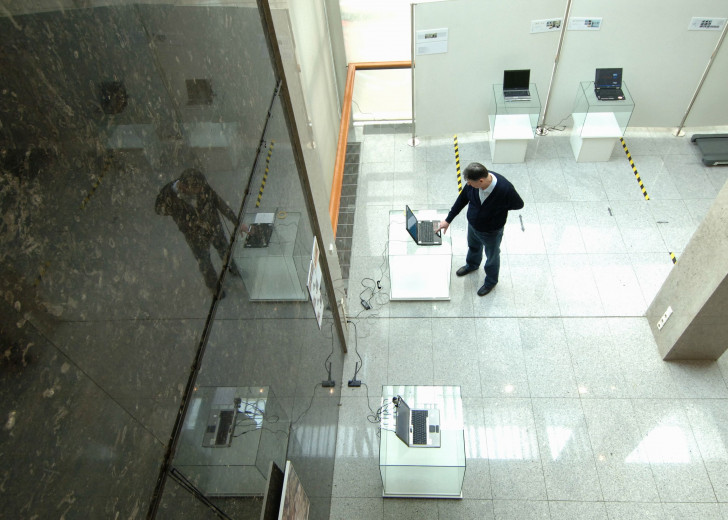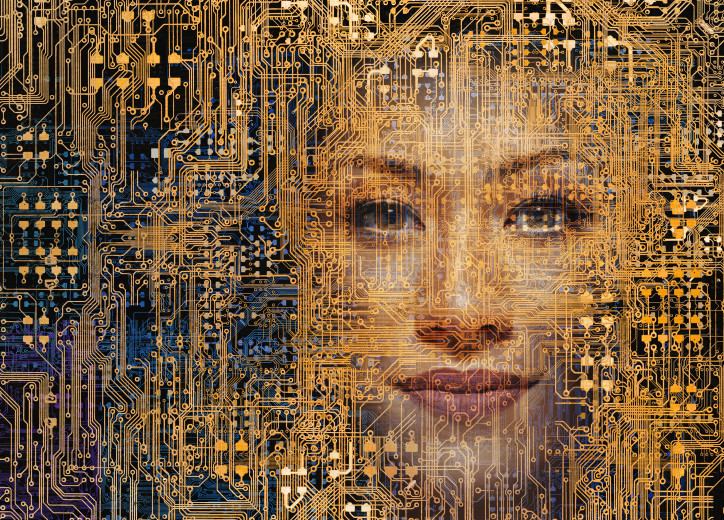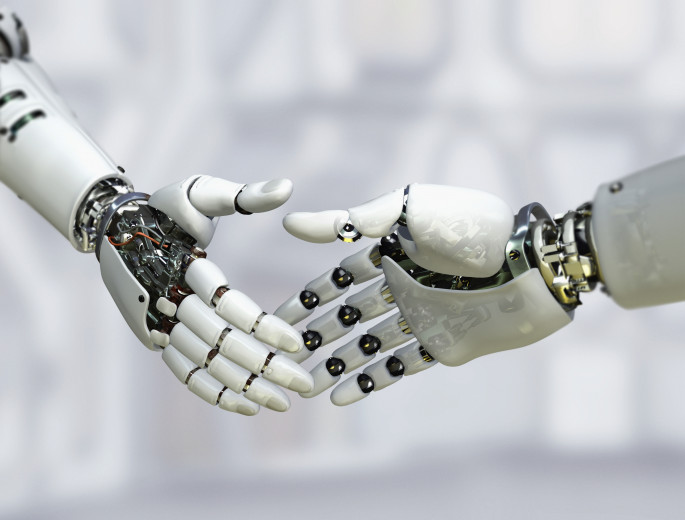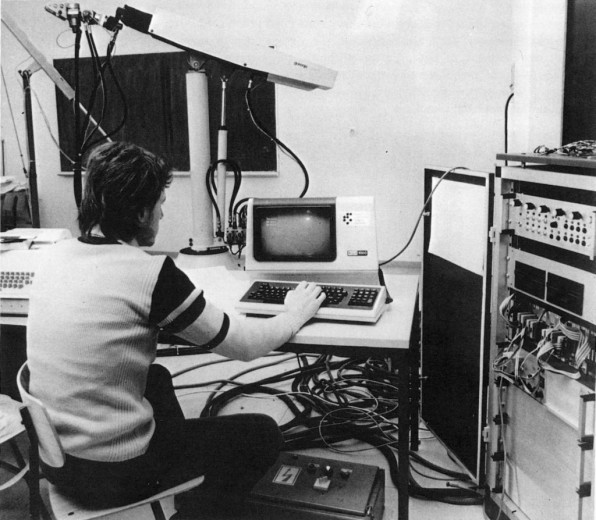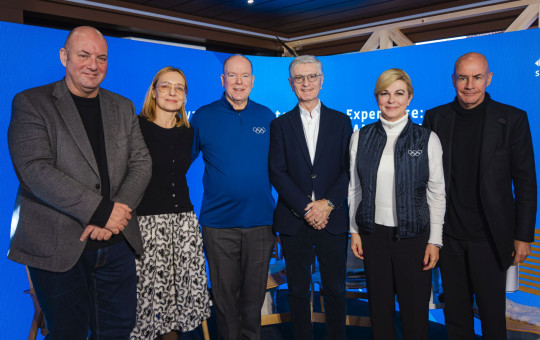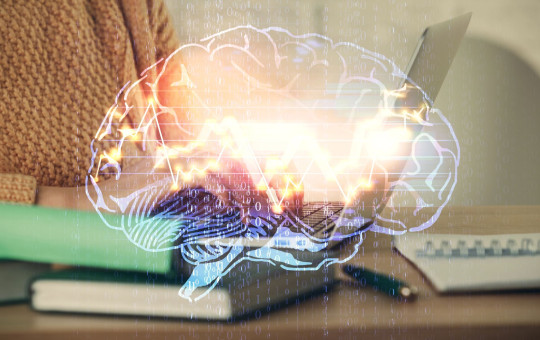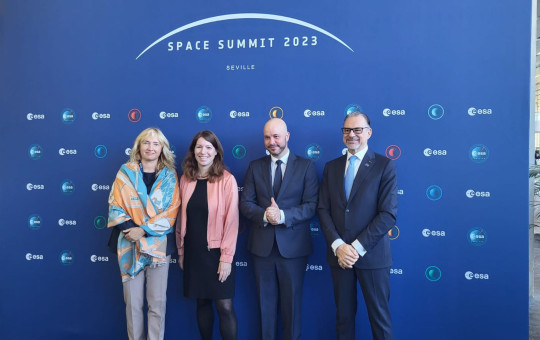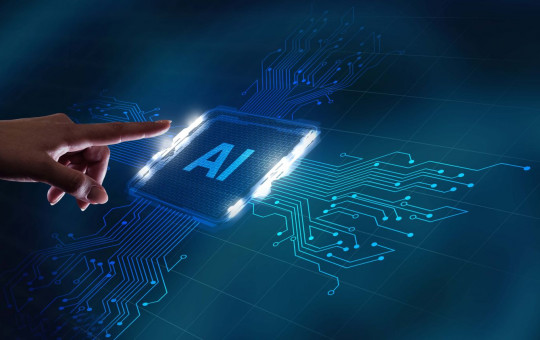Date: 24. April 2020
Time to read: 3 min
One month after its establishment, the International Research Centre on Artificial Intelligence (IRCAI), which operates under the auspices of UNESCO, is fully operational. The Centre has already achieved global recognition, it cooperates closely with UNESCO and is receiving invitations for cooperation from the OECD, WHO and other international organisations.
-
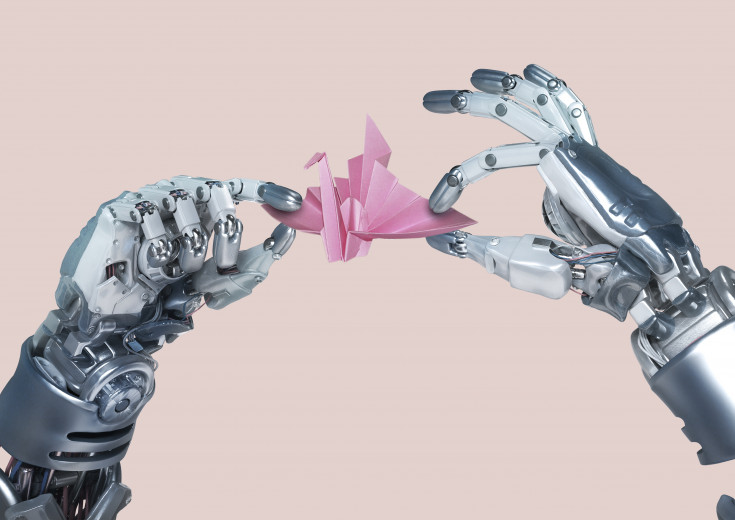 The centre is already involved in a number of activities and projects. Photo: Paper Boat Creative-GettyImages/GulliverFilm&Foto
The centre is already involved in a number of activities and projects. Photo: Paper Boat Creative-GettyImages/GulliverFilm&Foto
-
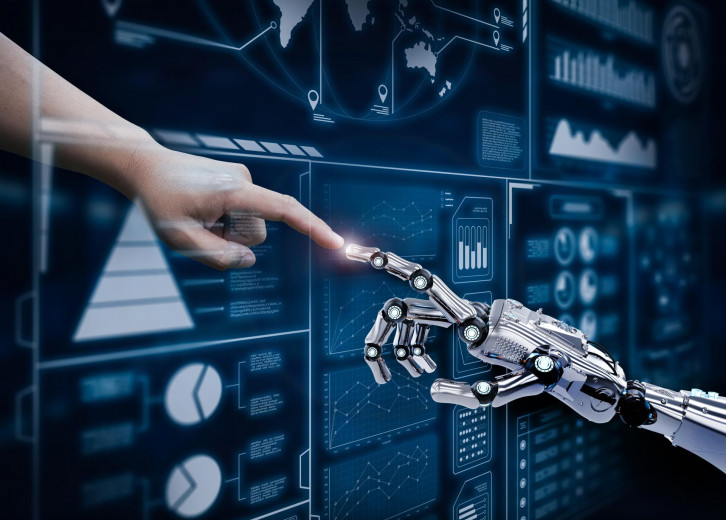 The IRCAI is also actively cooperating in the development of an observatory and analytical environment for the monitoring of the spread of the new coronavirus. Photo: Coneyl Jay-GettyImages/GulliverFilm&Foto
The IRCAI is also actively cooperating in the development of an observatory and analytical environment for the monitoring of the spread of the new coronavirus. Photo: Coneyl Jay-GettyImages/GulliverFilm&Foto
Number of activities and projects
In addition to the setting up of programme units for the centre, the establishment of international advisory and management committees across different thematic units and the establishment of the relevant IRCAI international infrastructure, the centre is already involved in a number of activities and projects.
In cooperation with the Artificial Intelligence Laboratory of the Jožef Stefan Institute (JSI), it developed the OECD AI Policy Observatory which it constantly upgrades with new data and analyses.
Monitoring articles on the coronavirus by means of artificial intelligence
The IRCAI is also actively cooperating in the development of an observatory and analytical environment for the monitoring of the spread of the new coronavirus. The entire analytical environment used by the centre was developed within a week. The service is being constantly upgraded with additional data sources, analyses and projections.
The portal has already generated a lot of interest and the IRCAI received an invitation from UNESCO a few days ago to participate in the building of a global service for similar crisis situations. They have also been contacted by the Organisation for Economic Co-operation and Development (OECD).
Marko Grobelnik, researcher at the Artificial Intelligence Laboratory and Slovenia’s digital ambassador: "We obtain data from the World Health Organisation (WHO), which are globally refreshed with a certain delay. We use WHO data in order to avoid any errors. This results, of course, in a certain delay. Typically, each country has their own data on total infections, deaths and recoveries before the WHO, which collects these data once per day and publishes them on its website from which we then source them."
Ethical Criteria and Artificial Intelligence
Within the X5Gon project, financed from the Horizon 2020 Programme and in partnership with the Ministry of Education, Science, and Sport, the IRCAI has developed a global platform for collecting, processing and structuring open access educational resources (OER) into a unique global library with open access for all.
The IRCAI is also participating in the preparation of a draft text of a recommendation on the ethics of artificial intelligence and in the system of mechanisms for accreditation and certification of AI solutions. The process is formally led by Slovenia through the Council of Europe and is one of the most important policies that will assess the adequacy of AI tools and mechanisms.
In line with the centre’s programme and idea of building a network of similar centres around the world that will form the backbone of an international network of independent research centres in the field of artificial intelligence, the IRCAI continues its intensive talks with two governments that were first to express interest in setting up such centres, i.e. the Government of the UAE and the Government of Ghana. The centre is receiving numerous invitations for participation in international forums.
Forbes: Slovenes pioneering the world in AI
Forbes magazine has recently published an article praising Slovenia’s science, pointing out that the country was developing IA technology and understanding its strategic importance as far back as in the early 1970s. Already at that time the necessity of adapting the educational system to AI technologies was put forward; however, research on neural networks, data modelling and statistical analysis was prioritised.
Ivan Bratko, quoted as the father of artificial intelligence in Slovenia by Forbes, said that after gaining independence, there was a strong ambition in Slovenia’s scientific sphere to make Slovenia the centre of artificial intelligence development and research. The establishment of the International Research Centre on Artificial Intelligence (IRCAI) under the auspices of UNESCO is confirmation of the excellent work carried out in the field of AI.
Slovenia’s good practices for enhancing the global digital ecosystem
The Forbes article points out the useful practices developed by the Jožef Stefan Institute and currently used in Slovenia. One is the concept of the "digital twin"– a technology for decision making and modelling for enterprises, already used by the Qlektor company. A project of the "global digital twin" is being considered that would enable the monitoring and the understanding of activities globally.
Forbes also highlights the AI Observatory, developed by the Jožef Stefan Institute for the OECD, which enables the monitoring of the evolution of worldwide AI developments.
It also mentions the EventRegistry System enabling global real-time or time-delay media monitoring. EventRegistry is a spin off of the JSI and is now an independent company.

